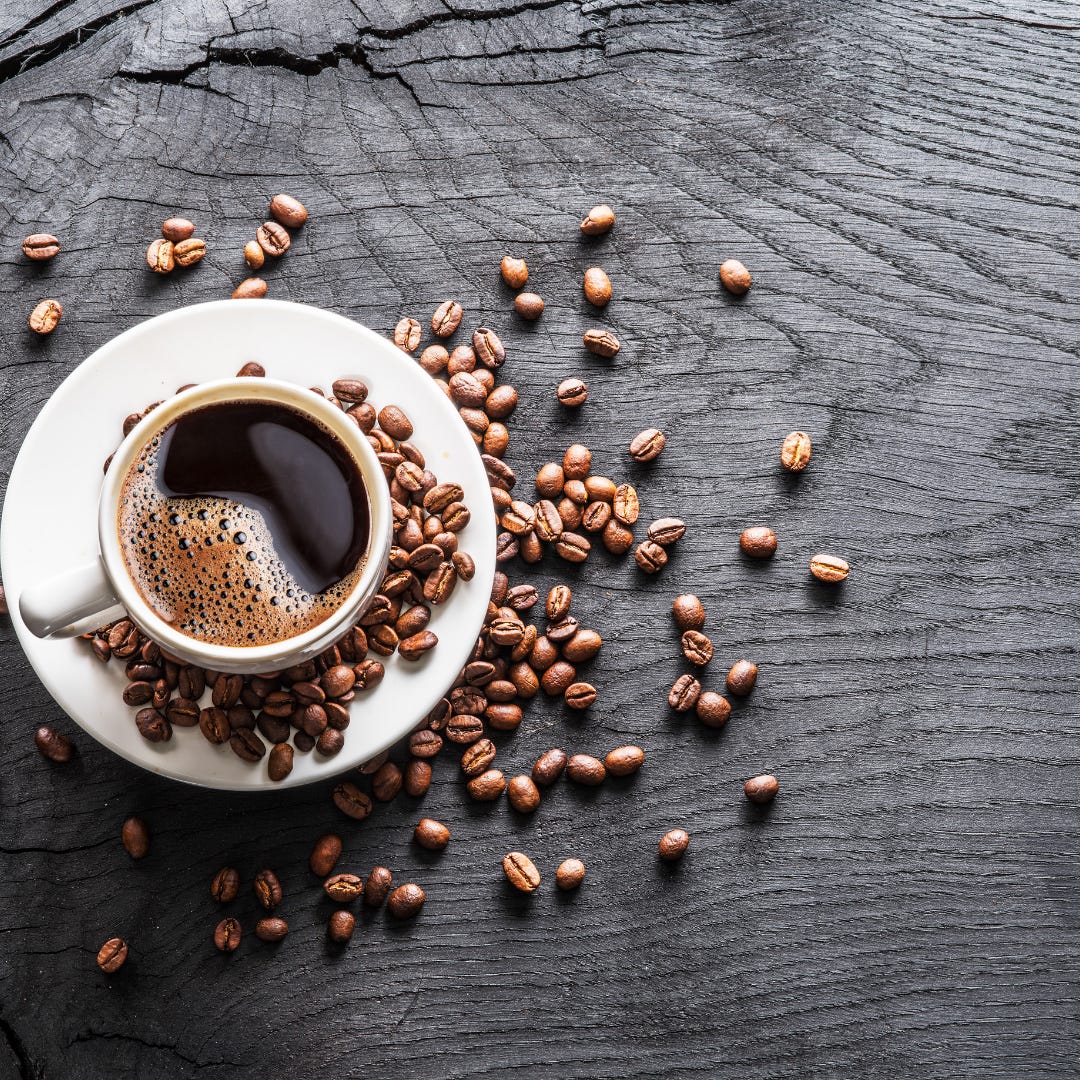
How Much Does Caffeine Impact Your Sleep?
Waking up tired? This could be the reason...
Caffeine is one of the most widely consumed stimulants globally (especially in the form of coffee).
While there is strong evidence that caffeine improves performance during the day, different people will react to caffeine differently, depending on a range of factors.
However, in most experimental trials, caffeine consumption has been found to have a detrimental impact on sleep induction, sleep duration, sleep efficiency, and the amount of time spent in deep sleep.
How much caffeine can disrupt sleep?
Here, the timing of caffeine use, among other things, is likely to impact sleep quality. According to specialists, caffeine is a sleep disruptor, and just one dose in the evening can reduce the amount of deep sleep by 20%.
According to Matthew Walker, Professor of Neuroscience and Psychology and a world-renowned sleep researcher, most drugs, including caffeine, have a half-life, which is the amount it takes for half of that drug to be essentially excreted out of your system.
For example, caffeine has a half-life of about 6-7 hours. So if you have two espresso shots, it will take your body 6 hours to flush out one of them!
Caffeine, has a quarter-life of roughly 12 hours. It thus means that after consuming a cup of coffee by noon, a quarter of that caffeine would still be circulating your brain at around midnight.
Even people who believe that they have a better consumption capacity of caffeine after the second half of the day might only see its effects later in their lives.
Over time, such people would wake up the following day with the poorest quality of sleep. Moreover, it will not make them feel restored and refreshed the next day by their sleep, further increasing their dependency on caffeine.
What does science say?
A study was conducted to examine the effects of a specific dosage of caffeine given at different times across the day on subsequent sleep. It found that the extent of the reduction in total sleep time implies that coffee consumed 6 hours before bedtime disrupts sleep significantly.
Thus, caffeine consumption before noon or switching to decaffeinated beverages may significantly improve the overall quality of our sleep.
Trust this helps,
Let's Just Talk. No Obligations.
I do free consultations every Tuesday's and Thursday's. Either way you will get some actionable tips to reach your fitness goals faster.



Leave a comment